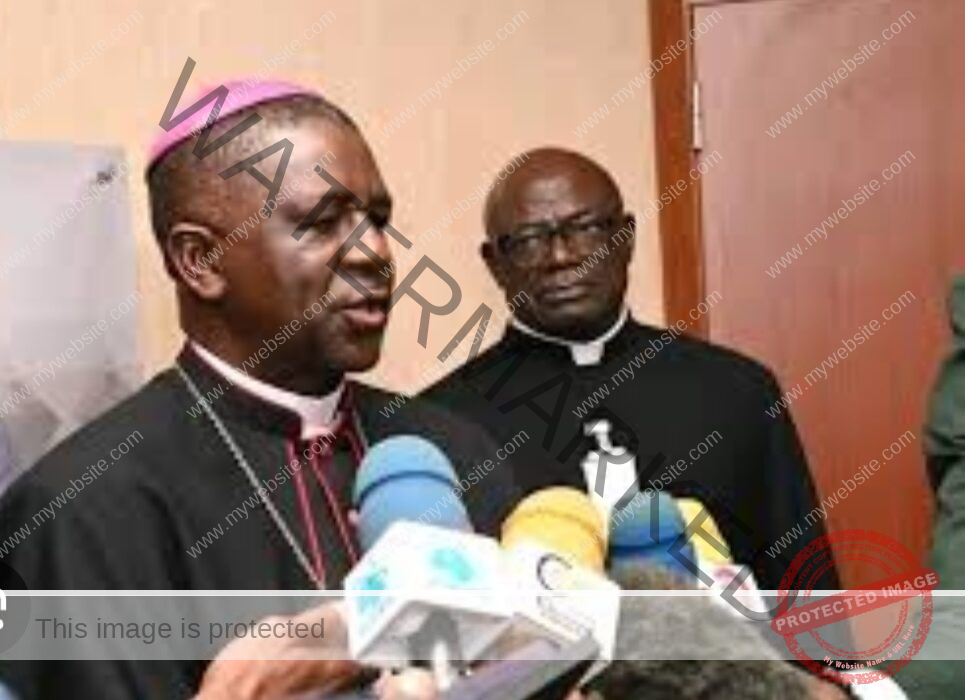Archbishop Nkea has consistently called for peace, arguing that dialogue is the only way forward. But his interventions are marked by silence on the killings, displacements, and burned villages that define the conflict.
By Mankah Rosa Parks, The Independentist
When the history of Cameroon’s Anglophone conflict is written, Archbishop Andrew Fuanya Nkea of Bamenda will likely appear as a figure of uneasy contradiction. To the government in Yaoundé, he is a godsend: a cleric who preaches reconciliation even as state forces commit atrocities. To many in Ambazonia, however, he embodies the failure of the Church to uphold its prophetic mission of truth and justice in the face of mass suffering.
Archbishop Nkea has consistently called for peace, arguing that dialogue is the only way forward. But his interventions — from his role at the 2019 “Major National Dialogue” to his recent audience with Ferdinand Ngoh Ngoh, President Paul Biya’s powerful secretary-general — have been marked by silence on the killings, displacements, and burned villages that define the conflict. For communities experiencing what they describe as a genocide, this silence is deafening.
The Archbishop’s credibility has been further strained by a failed attempt to discreetly engage Dr. Samuel Ikome Sako, President of the Government of the Federal Republic of Southern Cameroons (Ambazonia) in Exile. Believing that past ties might ease access, Nkea bypassed official channels and appeared to act as a quiet go-between for the regime. The effort collapsed, exposing a deeper weakness: while Nkea emphasized peace “because people were dying,” Dr. Sako asked why he could not demand that the government simply stop the violence. It was then, critics say, that the Archbishop’s lack of moral strength became evident.
Today, Archbishop Nkea is seen by many as part of a broader circle of elites — politicians, traditional leaders, academics, and journalists — accused of placing survival and patronage above principle. In stark contrast, Dr. Sako continues to echo the late Desmond Tutu’s conviction that peace is impossible without justice. The question history will ask of Archbishop Nkea is not how many times he spoke of reconciliation, but whether, in the face of atrocity, he chose to stand with the oppressed — or with the regime.
Mankah Rosa Parks, The Independentist

